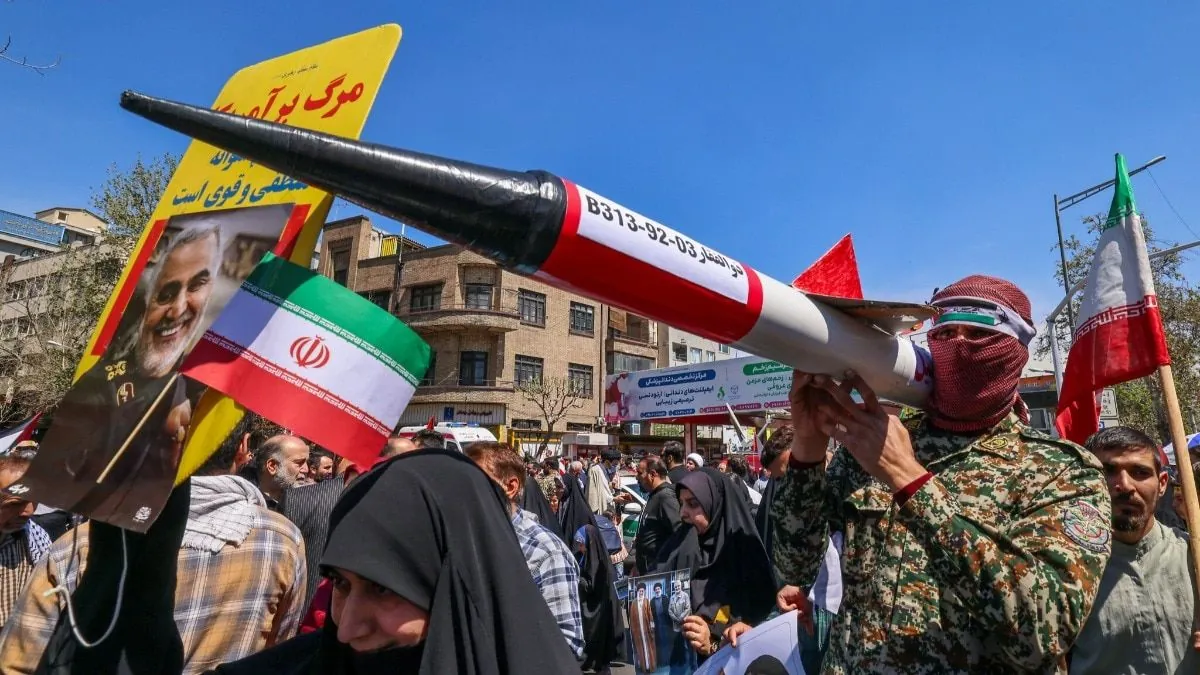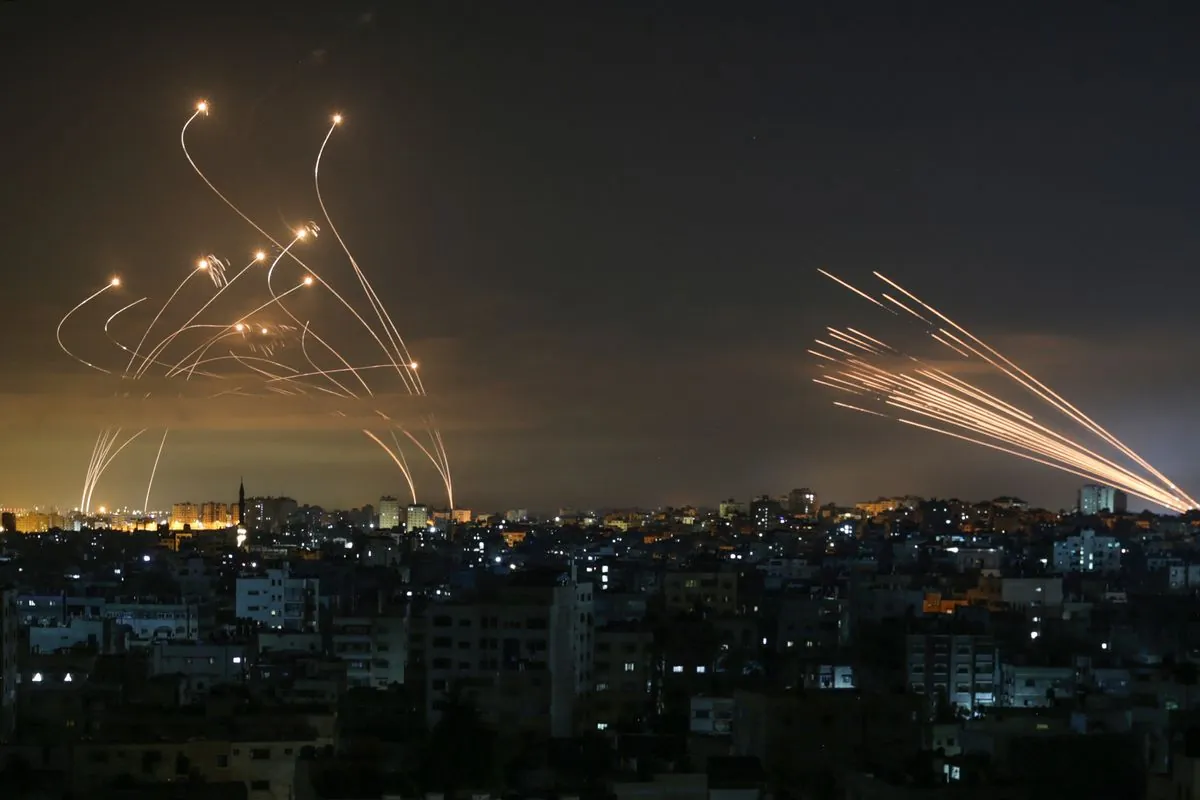Iran Launches Missile Attack on Israel, Global Leadership Shifts
Iran fires missiles at Israel, escalating tensions. Japan and Mexico welcome new leaders, while South Korea displays military might. UN extends Haiti security mission amid ongoing challenges.

In a significant escalation of Middle Eastern tensions, Iran launched a barrage of ballistic missiles at Israel late Tuesday. This attack marks a critical moment in the region's geopolitical landscape, with potential far-reaching consequences.
Israeli military spokesperson Rear Adm. Daniel Hagari reported that most of the Iranian missiles were intercepted by Israel's air defense systems, including the Iron Dome. However, some projectiles did land in central and southern Israel, resulting in casualties. The attack prompted immediate shelter-in-place orders across Israel, including in major cities like Jerusalem and Tel Aviv.

Iran's Islamic Revolutionary Guard Corps (IRGC) stated that the attack was in retaliation for recent assassinations of key figures, including Hamas political leader Ismail Haniyeh and Hezbollah leader Hassan Nasrallah. These incidents have heightened tensions between Iran and Israel, with both sides exchanging threats of further action.
"This was a legal, rational, and legitimate response to Israel targeting Iranian nationals and infringing upon Tehran's national sovereignty."
The international community has responded swiftly to the crisis. U.S. President Joe Biden directed American military assets to assist in Israel's defense, while the United Nations Security Council is set to convene to address the situation. Global leaders, including those from China, Japan, and European nations, have called for restraint to prevent further escalation.
In other global developments, Japan and Mexico have seen significant leadership changes. Shigeru Ishiba has been elected as Japan's new prime minister, replacing Fumio Kishida. Ishiba faces challenges including addressing party corruption and the rising cost of living. He has called for snap elections to be held on October 27, 2024, and unveiled a new cabinet with limited female representation, reflecting Japan's ongoing struggle with gender equality in politics.
Mexico has inaugurated its first female president, Claudia Sheinbaum. A close ally of outgoing President Andrés Manuel López Obrador, Sheinbaum secured a decisive victory in the June 2024 election. However, her alignment with López Obrador's policies has raised concerns about the potential weakening of Mexico's democratic institutions.
In a display of military might, South Korea showcased its most powerful ballistic missile, the Hyunmoo-5, during an Armed Forces Day ceremony. This demonstration, along with the launch of a new strategic command, aims to deter threats from North Korea's nuclear program. The event also featured a flyover by a U.S. B-1B bomber, underscoring the alliance between South Korea and the United States.
Lastly, the United Nations Security Council has unanimously approved a one-year extension of the international security mission in Haiti. This Kenyan-led mission seeks to address the rampant gang violence that has plagued the country, resulting in thousands of deaths and widespread displacement in the first half of 2024.
These global events highlight the complex and interconnected nature of international relations, from regional conflicts to leadership transitions and security challenges across different continents.


































